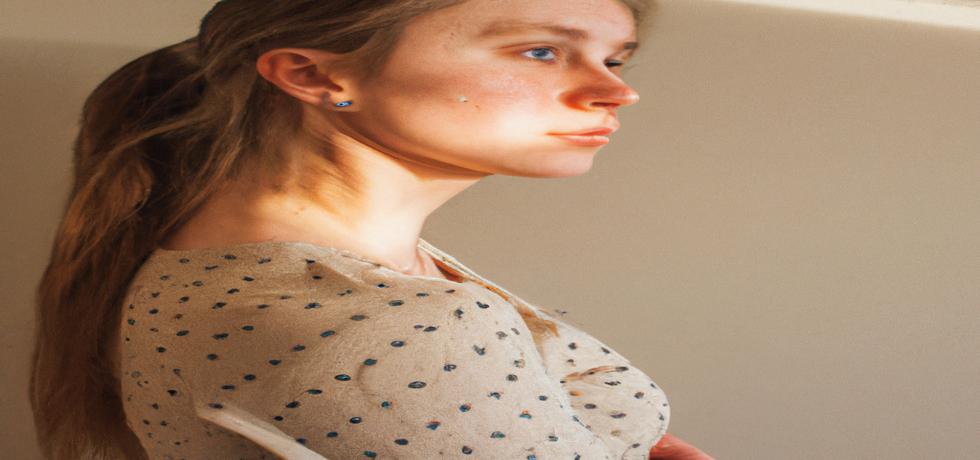
Taking Control: Managing the Itch of Pityriasis Rosea
Understanding Pityriasis Rosea
Pityriasis Rosea is a common skin condition that causes a distinctive rash and often comes with an annoying itch. This often temporary condition is characterized by its herald patch that may appear on different parts of the body, leading to a subsequent rash that can be bothersome. Understanding how to manage this skin issue can enhance your comfort and help you take control of your symptoms. In this blog, we dive into effective strategies for managing the itch associated with pityriasis rosea.
Recognizing the Symptoms
The primary manifestations of pityriasis rosea include a large, scaly patch and smaller, oval patches that can appear on the torso and limbs. The itch may range from mild to severe. This can lead to discomfort and affect your daily activities. By learning to recognize these symptoms early, you can better understand when to seek more tailored eczema treatment or management techniques from our firm, The Skin Artistry.
Effective Itch Relief Strategies
To effectively manage the itch of pityriasis rosea, consider using soothing lotions and creams specifically designed for dry, irritated skin. Over-the-counter antihistamines may also provide temporary relief from itching. Additionally, maintaining a cool and humid environment can help soothe your skin. It’s essential to avoid hot showers, as they can exacerbate drying and irritation. Our firm, The Skin Artistry, recommends integrating these strategies into your daily routine to help alleviate symptoms.
When to Consult a Dermatologist
While many cases of pityriasis rosea resolve on their own, persistent itchiness or severe rash can signify a need for professional intervention. A dermatologist can offer personalized recommendations and treatments tailored to your needs. They might suggest specific medications or advanced therapies to better manage your skin condition and reduce irritation effectively. When in doubt, reach out to our experts at The Skin Artistry for guidance.
Complementary Approaches to Skin Care
Emphasizing a good skincare routine can also play a vital role in controlling the symptoms of pityriasis rosea. Keep your skin moisturized to prevent excessive dryness, which can lead to more irritation. Ingredients such as aloe vera and chamomile can be calming and should be incorporated into your skincare regimen. Practicing self-care and being gentle with your skin can significantly uplift your condition during this period.
Conclusion and Actionable Advice
In conclusion, taking control of the itch associated with pityriasis rosea can be tackled through effective management techniques. By maintaining an appropriate skincare routine, seeking professional advice when needed, and applying soothing remedies, you can significantly improve your skin comfort. Always remember the importance of consulting with a dermatologist if your symptoms worsen or do not improve over time.
FAQ
Is pityriasis rosea contagious? No, pityriasis rosea is not contagious. It is a self-limiting skin condition.
Can lifestyle changes help manage pityriasis rosea? Yes, maintaining a healthy lifestyle, reducing stress, and staying hydrated can be beneficial.
For professional assistance and expert advice from leading dermatologists like Dr. Hital Patel, experience the benefits of Taking Control: Managing the Itch of Pityriasis Rosea with Hair & Skin Specialist Dr. Hital Patel at The Skin Artistry. Our clinics in PDPU Gandhinagar, Vastrapur Ahmedabad and Hyderabad offer top-quality care and personalized treatments. Visit us today to learn more about our services and take advantage of our special offers! For more insights, updates, or to collaborate, stay connected with The Skin Artistry.

